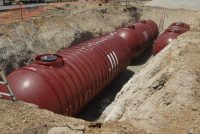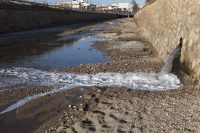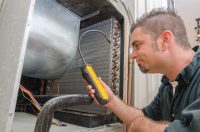Money Chatter: What EPA Says Is the Real Cost of the Proposed Ozone Standard
By law, the EPA cannot consider costs when setting a health-based National Ambient Air Quality Standard (NAAQS). Nonetheless, to inform stakeholders, the Agency typically calculates the costs of meeting the NAAQS as well as the monetary benefits. Note: The current health-based ozone standard is 75 ppb. The EPA estimates costs at $3.9 billion in 2025 […]










